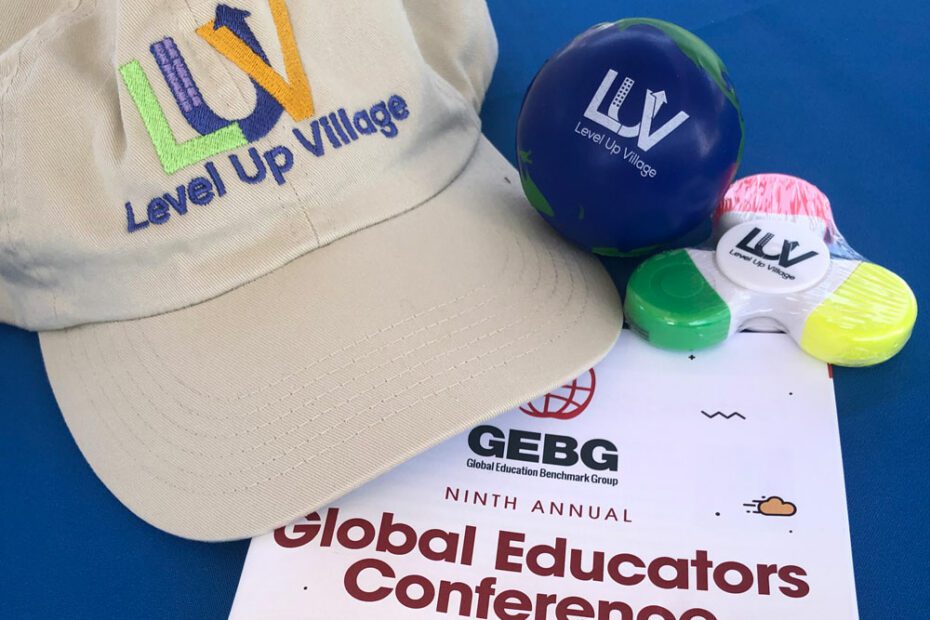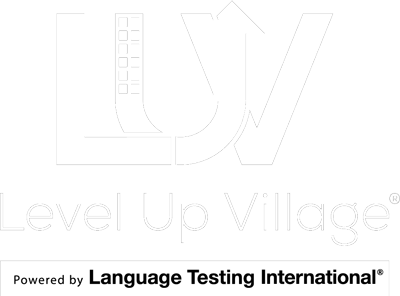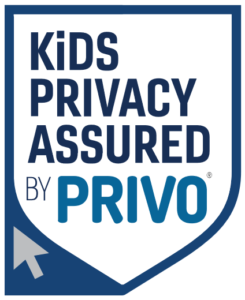What are the current questions, issues, and developments surrounding virtual exchanges with regards to global education? What better way to find out than visiting the vanguard of these topics, the front-line innovators of these arguments, global educators themselves. We visited the annual summit of global education, the Global Education Benchmark Group’s yearly conference, this year held by the Francis Parker School in San Diego, California, to see, hear, and experience the forefront of virtual experiences.
And boy, is there a lot to share!
Virtual Exchanges in Classrooms Today
This should come as no surprise, but virtual exchanges are more popular than ever! Of course, the complete shutdown of schools, travel programs, and experiential learning might have a lot to do with it, but as these programs transitioned to virtual settings, they also opened up accessibility for more students. No longer stretched between community service projects, sports, jobs and tutoring, more students were now able to participate in cultural and linguistic pairings, in particular those that ran asynchronously, since it could now be integrated into an already virtual classroom.
Numerous teachers at the GEBG conference remarked how naturally their in-person exchanges and existing partnerships with other international schools transitioned into a virtual analog for the experience. Some schools hosted meetups over Zoom or Google Hangouts to share their pandemic experiences, while others created curated videos with excellent editing, evocative music, and both still and moving shots to share with their partners abroad what their communities looked like. One silver lining of the pandemic, to be sure, for global education became the normalization of video conferencing as a manner of communication, and coupled with more free time and flexibility, this allowed for schools to really launch virtual exchanges.
Another salient point emerged from the conference: there’s no age requirement for global competency! Between breakout sessions and panel discussions exploring best practices in cultural literacy, our representatives were delighted to discover that educators are capitalizing more and more on the ease of virtual learning to introduce cultural and language proficiency exchanges at increasingly earlier ages.
The examples of these early exchanges popped up ubiquitously. One Global Director in Texas was helping his elementary school teachers set up video conferencing parties with kids all over the world. More specifically, he would have kindergarteners video-chat live and often do letter and book exchanges every spring with children in England to share their cultures; first graders video-chat live with kids in Hawaii to learn about school-life and life in the COVID-19 pandemic; second graders exchange videos and blog about school and life with students in South Korea, Canada, New Zealand, and Australia, and so on for each year. Moreover, this approach certainly did not stand out at the conference, as a growing number of teachers began to inquire about Level Up Village’s STEAM courses for middle school students. Finally, to create a good pairing for language immersion and proficiency, a growing number of foreign language teachers shared on panels that tlehey would find more parity in students practicing second languages at a younger age than in the advanced levels, where students abroad tend to have a higher level of mastery over the English language than students in the U.S. might have in their second language.
This trend in utilizing virtual exchange at younger and younger students can only mean good things with regards to global education. First, it allows students to still experience the benefits of cultural immersion even at ages when they (or parents) may not be ready for travel. Next, it combines ancillary skills such as empathy and digital citizenship and pulls in discussions of appropriate use of technology while under direct supervision. Finally, it pulls together skills that they will soon use on a regular basis, such as editing, photography and image manipulation, and writing. Purveyors of virtual learning, of course, are thrilled too, since younger students tend to bring more curiosity and enthusiasm to the learning process, so this trend seems promising to everyone involved!
Hot Topics
The Global Education Benchmark Group’s annual conference, this year more than ever, really felt to most global educators like one cohesive and continuous conversation in the best of ways. And, as this important dialogue grows, it starts to involve more and more voices, fueled from the great issues of our times. In fact, to no one’s surprise, the subjects covered at this year’s conference seemed to include so many of the other buzzwords of education and social issues that, truly, have become inextricable from the overarching umbrella of Global Education.
Nowhere could one turn around and not hear words like “sustainability,” “environmentalism,” and “diversity and equity.” Interestingly, these new subjects (new only to the forefront of education as far as they are trending topics—certainly the issues they seek to address are not new!) fit nicely in the ultimate aims and goals of global education. As educators attempt to instill in their students cultural competency, empathy, digital literacy, and a proficiency in navigating global citizenship, the co-mingling of these extremely important issues starts to blur the lines of skills, lessons, and goals.
This is where the virtual programs that have engaged many educators and their students really began to shine. Virtual exchanges in which students could tell their stories began to rise in importance. Visual storytelling, one of the most innovative and significant ways to experience realities unlike one’s own, proved a popular and intriguing way for the young people of today to really dive into and experience culture and ways of life that differ from their own.
Whereas before, a simple exchange program, whether it be virtual, a pen pal exchange, or in person, might touch upon some of these topics by choice, it now comes as a necessity for global educators to involve conversations on sustainability, diversity, and equity in the greater dialogue of their discipline. How can students who learn about one another not include what climate change challenges they currently face, or what eco-anxiety they suffer because of the growing uncertainty of weather and natural disasters in different parts of the world? How can students not discuss their differences in race, ethnicity, and cultural identity, through a lens now informed with competency and empathy? Indeed, Global Education has become the coalescence of these streams of learning, the meeting ground of the most significant disciplines in today’s pedagogy.
Lessons Learned
The Global Educators Benchmark Group’s annual conference provided fertile ground for the planting of some fantastic educational seeds. The summit granted global educators a safe and productive space to discuss some great and innovative ideas with regards to the development of virtual learning environments, both out of necessity and as an opportunity to really teach pupils a growing number of skills. Exchanging practices that have developed over the past few years of course revealed that younger students are interested in learning about global competency, and the use of technology, particularly in virtual learning, can be appropriated to make lessons for elementary school students fun and engaging. Moreover, it has become clear that topics like sustainability and diversity, equity, and inclusion now have found their place in the pantheon of global education.
It’s an exciting time to be a global educator, and the conversations around virtual exchanges, virtual learning, and the use of technology in teaching and learning about global competency and global citizenship are evolving in an incredible, interdisciplinary way!
About Dan Pieraccini
Dan Pieraccini was born in Northern Italy, but was moved to the United States at the age of 6. Dan’s B.A. in English and M.A. in Italian literature have opened the door to over a decade of teaching high school and college students a second (and in some cases a first) language. It is likely that having traveled through 82 countries, 48 U.S. states, and three disputed territories somehow factored into the decision to make Dan Delbarton School’s first Director of Global Programs. In his spare time, he manages events at his local Elks Lodge, helps feed the hungry at a handful of food pantries, writes and performs rock and roll songs with his band Forget the Whale, plays in a Dungeons and Dragons game, and occasionally goes out to brunch.




